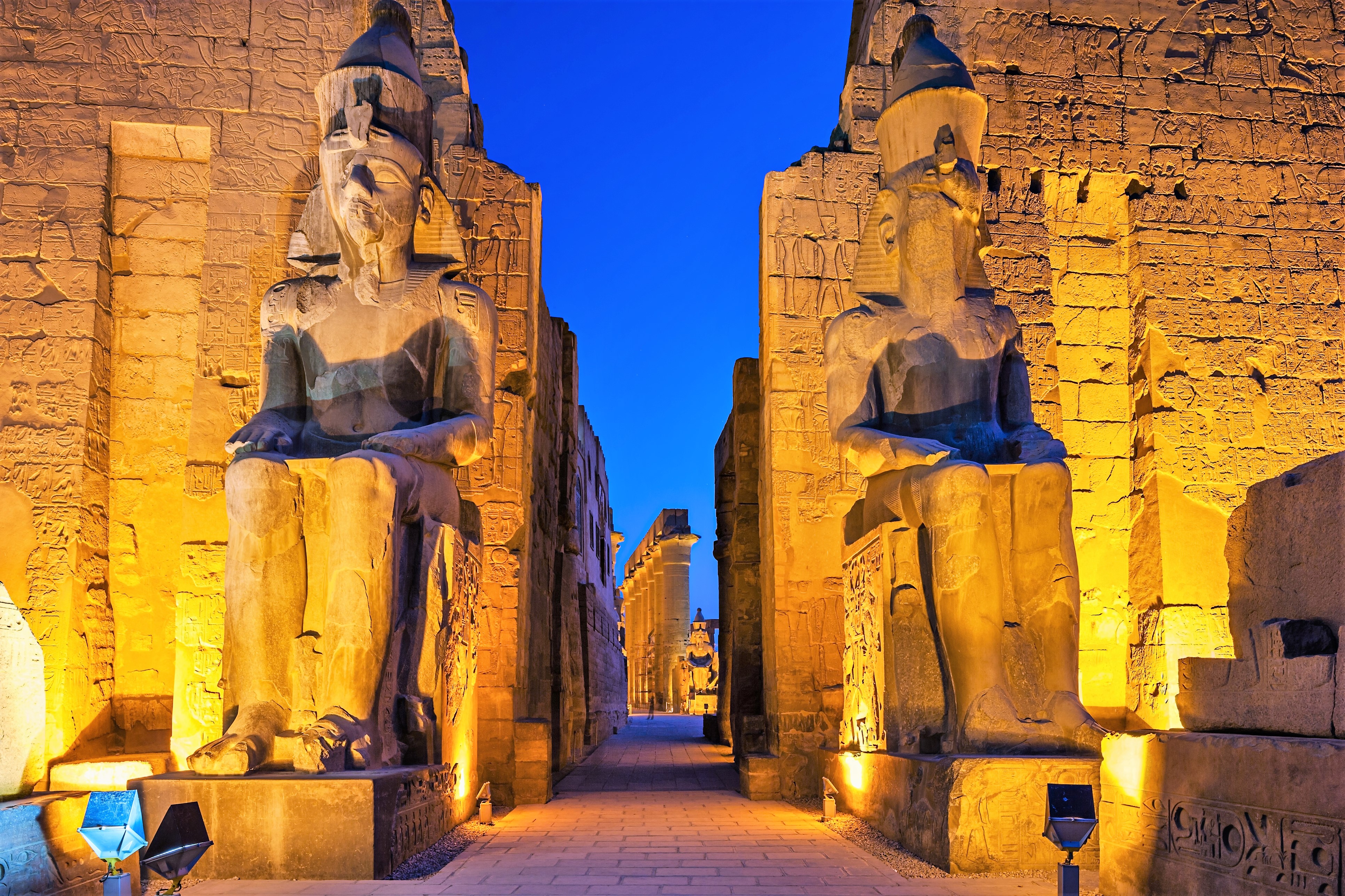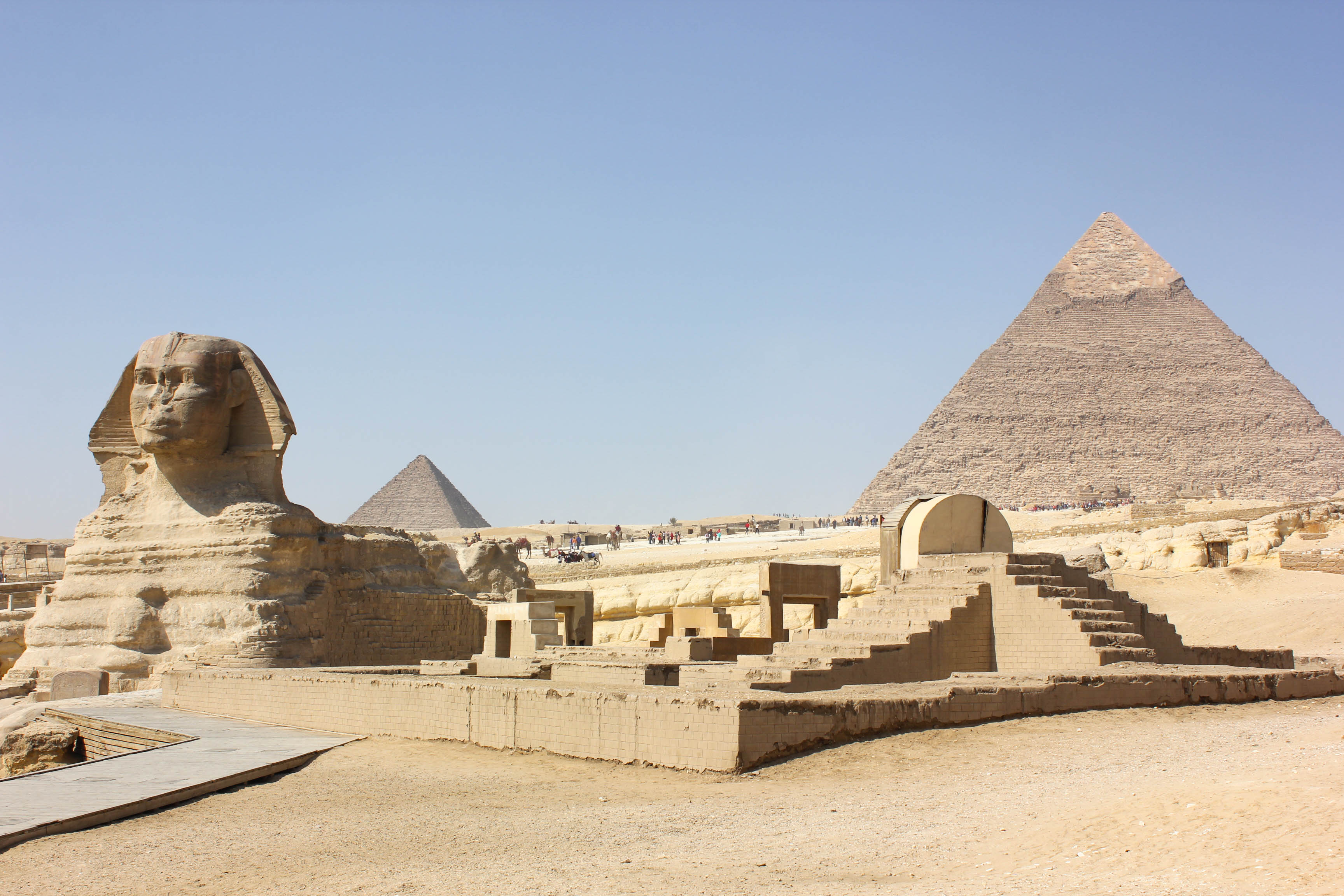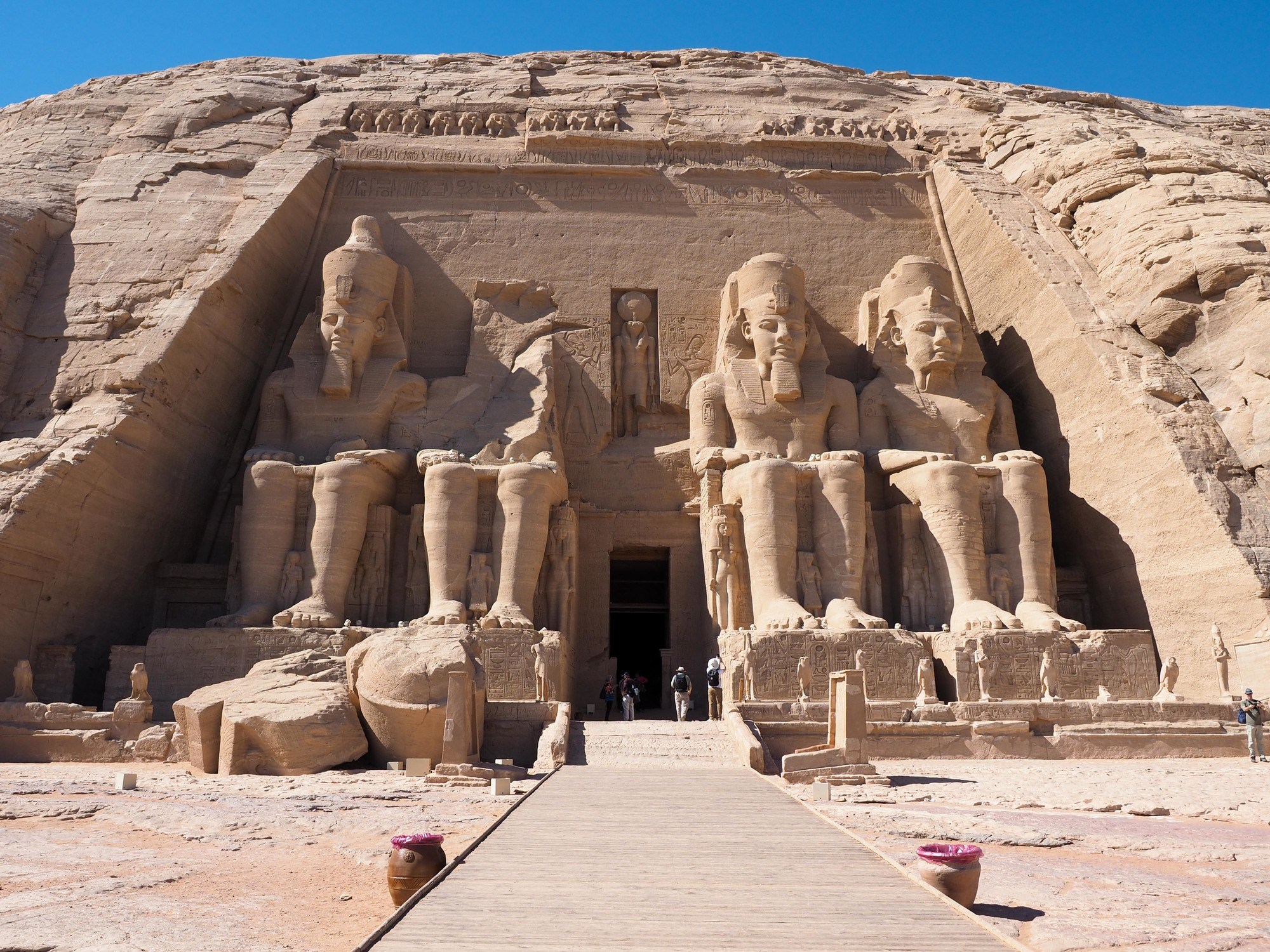Middle East Tensions: The Egypt-Iran-Israel Dynamic
The geopolitical landscape of the Middle East is a complex tapestry woven with historical grievances, shifting alliances, and volatile flashpoints. At its heart lies a dynamic involving three pivotal nations: Egypt, Iran, and Israel. Recent events have thrust this intricate relationship into the global spotlight, revealing the fragility of regional stability and the profound implications for international peace. Understanding the interplay between Egypt, Iran, and Israel is crucial to grasping the current state of affairs and anticipating future developments in this perpetually turbulent region.
The latest escalation, marked by direct military exchanges between Israel and Iran, has sent ripples across the Middle East, intensifying existing anxieties and posing significant challenges to diplomatic efforts. As the region grapples with the aftermath of these strikes, Egypt finds itself in a particularly delicate position, balancing its long-standing peace with Israel against its efforts to mend fences with Iran, all while navigating the economic repercussions and humanitarian concerns arising from the broader conflict.
Table of Contents
- The Recent Escalation and Egypt's Firm Stance
- A History of Tension: Egypt and Iran
- Egypt's Peace with Israel and Regional Concerns
- The Hamas Connection: A Complex Thread
- Economic Fallout on the Nile
- Travel Concerns and Regional Stability
- Egypt's Diplomatic Leadership in Crisis
- Navigating the Future of Egypt, Iran, Israel Relations
The Recent Escalation and Egypt's Firm Stance
The Middle East witnessed a significant escalation when Israel launched airstrikes against military sites in Iran early Saturday, a direct response to Iran’s attacks against Israel on October 1. The Israeli army announced in a statement that it launched 20 airstrikes against Iranian military sites, though Tehran downplayed this number. This direct exchange of fire marked a dangerous new phase in regional hostilities, drawing immediate and strong reactions from key players. Egypt, a nation with a crucial role in regional diplomacy, swiftly condemned these military actions. Egypt condemned on Friday the military attacks that Israel launched on Iran as a blatant and extremely dangerous regional escalation, a flagrant violation of international law and the UN charter. This condemnation was reiterated, with Egypt calling the attack a “blatant and extremely dangerous regional escalation” and a “flagrant violation of” international norms. The gravity of the situation was underscored by Egypt's statement that it is gravely concerned over the escalation in the Middle East, noting this morning’s IDF strikes on Iran, and condemns all measures that threaten regional security and stability. The immediate and unequivocal nature of Egypt's response highlights its deep concern over the potential for a wider conflict involving Egypt, Iran, and Israel.A History of Tension: Egypt and Iran
The relationship between Egypt and Iran has been historically fraught with tension, punctuated by periods of attempted rapprochement. For decades, their ties have been strained, largely due to differing regional agendas and ideological stances.Decades of Distance and the Quest for Rapprochement
The 1979 peace agreement between Egypt and Israel significantly impacted Cairo’s relationship with Tehran. This landmark accord led to tense relations, and Iran ceased direct flights to Egypt. Consequently, Egypt is the only Arab country without an embassy in Iran, a clear indicator of the prolonged diplomatic chill. Despite this historical baggage, there have been concerted efforts to bridge the divide. Israel's war comes at a time when Egypt was trying to initiate a new phase in ties with Iran after decades of tensions, [getty]. This indicates a strategic shift on Egypt’s part, recognizing the importance of engaging with Iran to foster regional stability. The Egypt and Iran's rapprochement efforts were seen as a positive step towards de-escalation in the broader Middle East.Diplomatic Overtures and Iranian Interests
A significant sign of this thawing relationship was the visit of Iran’s foreign minister Abbas Araghchi to Cairo. He discussed rising tensions in the region with Egyptian officials during the first such visit by a top Iranian official to the North African nation in around a decade. This high-level engagement underscored Iran's desire to discuss pressing regional issues with Egypt. Iran likely wants to discuss this and other issues with Egypt, particularly in the context of the escalating conflict with Israel. For Egypt, engaging with Iran is a delicate balancing act, as it seeks to promote dialogue without jeopardizing its existing alliances or being drawn into a deeper conflict. The potential for a renewed diplomatic channel between Egypt and Iran offers a glimmer of hope for managing regional crises, but it also introduces new complexities into the intricate dynamics of Egypt, Iran, and Israel.Egypt's Peace with Israel and Regional Concerns
Egypt holds a unique position in the Arab world, being one of the first nations to sign a peace treaty with Israel. Egypt has peace with Israel, a cornerstone of its foreign policy for over four decades. This peace has been a significant factor in regional stability, but it also means that Egypt’s actions and relationships are closely watched by Israel. Any Iranian involvement in Egypt will be of concern to Israel. This concern stems from Iran’s stated hostility towards Israel and its support for various non-state actors in the region that oppose Israel’s existence. The recent direct confrontation between Israel and Iran puts Egypt in an even more challenging position. While Egypt has condemned Israel’s military strikes on Iran, it must also consider its long-standing peace agreement with Israel and the implications of any perceived shift in allegiance. The delicate balance Egypt maintains between its Arab identity, its commitment to regional peace, and its strategic interests in engaging with all parties, including Iran, defines its foreign policy. The interplay between Egypt, Iran, and Israel is thus not just about military actions, but also about diplomatic maneuvering and the careful management of alliances.The Hamas Connection: A Complex Thread
The current conflict in the Middle East is inextricably linked to the actions of Hamas, the militant group that controls Gaza and perpetrated last week’s attack on Israel. Hamas counts Iran as its closest state ally, a relationship that provides the group with significant financial, military, and political support. This alliance further complicates the regional picture, as Iran's proxy network extends its influence across various conflict zones. However, Hamas has a long and complicated relationship with Egypt. While Egypt shares a border with Gaza and has historically played a mediating role in Israeli-Palestinian conflicts, its relationship with Hamas has often been fraught with tension. Egypt has at times enforced a blockade on Gaza, and its security concerns regarding the group have been paramount. The presence of Hamas, with its strong ties to Iran, adds another layer of complexity to the already intricate relations between Egypt, Iran, and Israel. Egypt's efforts to de-escalate tensions often involve engaging with Hamas, but this engagement is always viewed through the prism of its own national security and its relationship with Israel.Economic Fallout on the Nile
Beyond the immediate geopolitical and security implications, the escalating conflict has had a tangible and immediate impact on Egypt's economy. The Egyptian economy continues to tremble with uncertainty in the face of the widening regional war escalated when Israel attacked Iran on Friday night. This uncertainty translated directly into financial losses. By the end of Sunday’s trading session, the stock market’s main indices declined, with total losses amounting to LE93 billion. The Egyptian pound also weakened, reaching a value of LE51 to the dollar, further exacerbating economic pressures on the average Egyptian citizen. The economic vulnerability of Egypt to regional instability underscores the urgent need for de-escalation. A prolonged or widening conflict directly threatens Egypt's economic recovery efforts, impacting foreign investment, tourism, and overall market confidence. The financial repercussions serve as a stark reminder of how interconnected the region is, and how military actions, even those not directly involving Egypt, can have profound domestic consequences. The stability of the Egypt, Iran, Israel dynamic is not just a matter of peace, but also of prosperity for millions.Travel Concerns and Regional Stability
The ripple effects of the conflict extend beyond economic indicators to public perception and the vital tourism sector. Egypt has long been a popular choice for British travellers, drawing millions to its historical sites and Red Sea resorts. However, Israel’s attack on Iran and the strikes that followed have raised concern over its safety as a holiday destination. This concern, while understandable, poses a direct threat to Egypt's tourism industry, a crucial source of foreign currency and employment. The perception of safety is paramount for the tourism sector, and any regional instability, even if geographically distant from major tourist hubs, can deter visitors. This highlights another critical dimension of the interconnectedness of Egypt, Iran, and Israel. The actions of one nation can directly impact the economic well-being of another, emphasizing the shared responsibility for maintaining regional peace and stability.Egypt's Diplomatic Leadership in Crisis
In the face of escalating tensions, Egypt has consistently positioned itself as a voice of moderation and a proponent of international law. Its diplomatic efforts have been robust, aiming to prevent a full-blown regional conflagration.Condemnation and Calls for Calm
Egypt's condemnation of Israel’s military strikes on Iran was not merely a statement but a clear call for adherence to international norms. It explicitly denounced the attacks as a “blatant and extremely dangerous regional escalation” and a “flagrant violation of international law and the UN charter.” This strong language underscores Egypt’s commitment to the principles of sovereignty and non-interference. Furthermore, Egypt says it is gravely concerned over the escalation in the Middle East, noting this morning’s IDF strikes on Iran, and condemns all measures that threaten regional security and stability. This consistent messaging reflects a deep-seated fear of a wider conflict and a determination to use diplomatic means to avert it.A Unified Front of Nations
Beyond its individual statements, Egypt has also taken a leadership role in rallying international support for de-escalation. Egypt has led a group of 21 nations in issuing a joint statement that condemns recent Israeli military attacks against Iran, calls for an immediate halt to hostilities and urges a return to the UN Charter. This initiative demonstrates Egypt’s proactive approach to diplomacy, seeking to build a consensus among nations to pressure all parties towards restraint. The ability of Egypt to galvanize such a diverse group of countries highlights its diplomatic weight and its perceived neutrality in certain aspects of the conflict. This collective call for an immediate halt to hostilities is a testament to the widespread concern over the current trajectory of the Egypt, Iran, Israel dynamic.Navigating the Future of Egypt, Iran, Israel Relations
The recent escalation between Israel and Iran serves as a stark reminder of the volatile nature of the Middle East and the critical role played by nations like Egypt. Egypt's delicate balancing act – maintaining peace with Israel while cautiously pursuing rapprochement with Iran – is central to its strategy for regional stability. The economic repercussions, the humanitarian concerns, and the ever-present threat of a wider conflict underscore the urgency of diplomatic solutions. The path forward for Egypt, Iran, and Israel is fraught with challenges. Historical animosities, ideological differences, and proxy conflicts continue to fuel tensions. However, Egypt's consistent calls for de-escalation, its adherence to international law, and its efforts to foster dialogue, even with long-standing adversaries, offer a glimmer of hope. The international community must support these efforts, recognizing that the stability of this crucial geopolitical triangle has far-reaching implications for global peace and security. The future of the Middle East, and indeed, a significant part of the world, hinges on the ability of these nations to navigate their complex relationships with wisdom and restraint.What are your thoughts on the intricate dance between Egypt, Iran, and Israel? How do you see the region evolving in the coming months? Share your insights in the comments below, and don't forget to share this article to spark further discussion on this critical topic. For more in-depth analysis of Middle Eastern affairs, explore other articles on our site.
- Maligoshik Leak
- How Tall Is Katt Williams Wife
- Jameliz Onlyfans
- Lathe Accident
- Sophie Rain Spiderman Video Online

Egypt 2019 - Billings Chamber of Commerce

Pyramids and Sculpture of Old Kingdom Egypt

8 of the Best Ancient Sites to See in Egypt